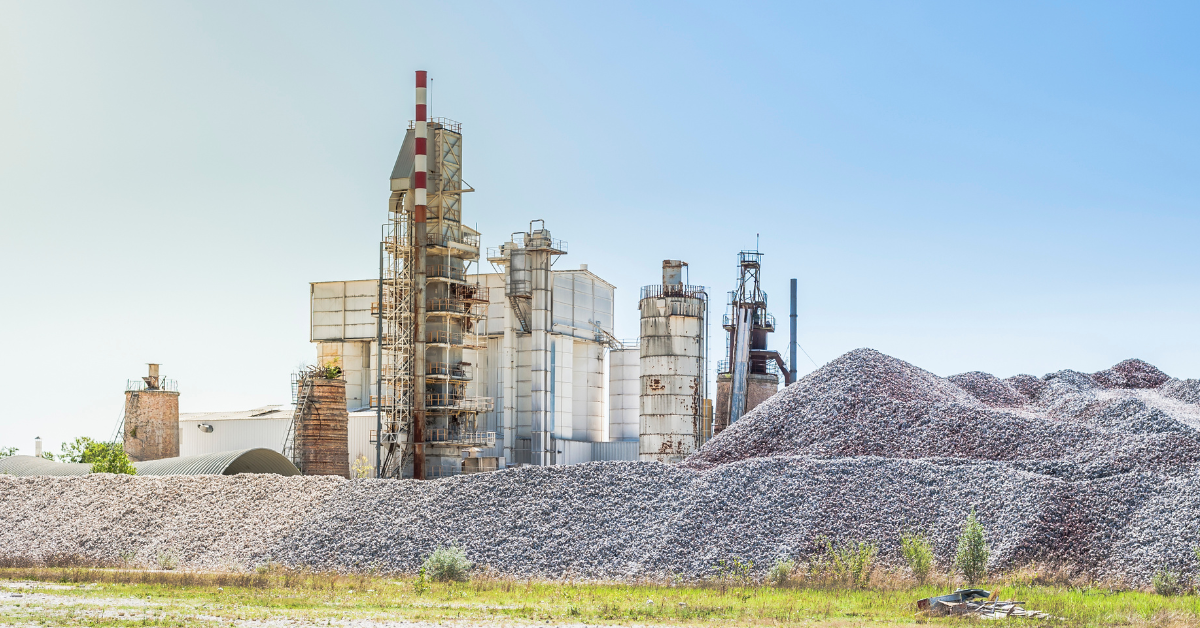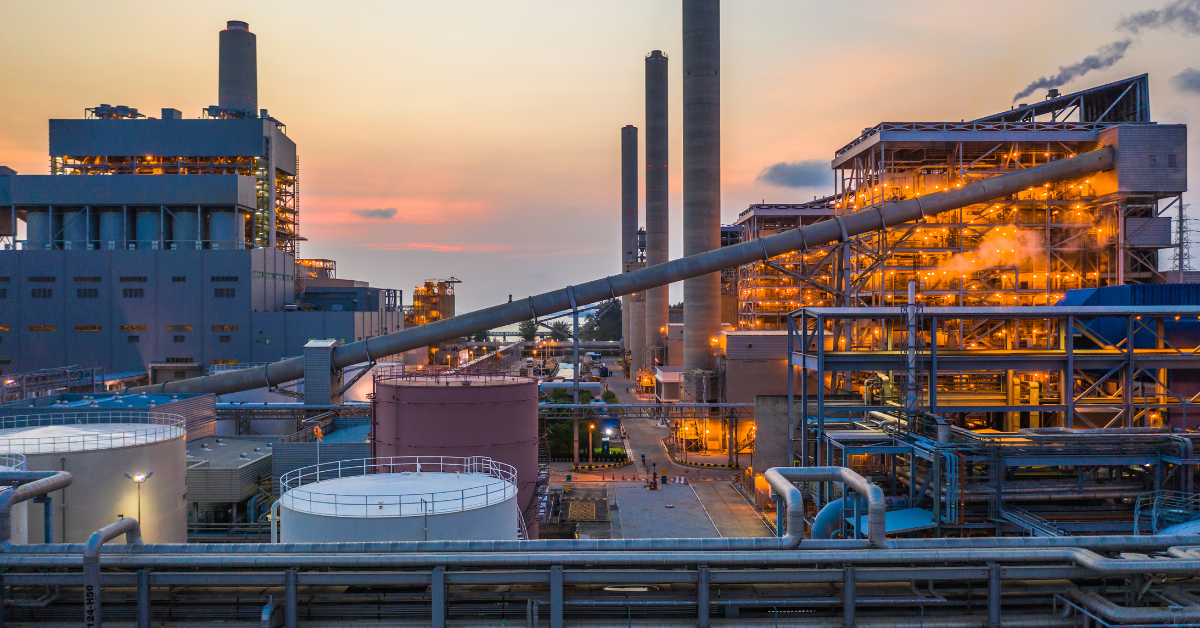It’s encouraging to see that despite the global coronavirus pandemic taking centre stage this year, the world hasn’t forgotten about the climate crisis and the need to continue striving towards net zero. Today, over 1,000 companies, spanning 60 countries and with a combined market cap of over US $15.4 trillion, are working with the Science Based Targets Initiative to reduce their emissions at the pace and scale necessary to reach net zero by 2050.
This tallies with what we’ve observed and heard at Carbon Clean over the last few months. We’ve seen real desire and momentum from hard to abate industries such as steel and cement to decarbonise their operations. It may sound counterintuitive, but there is a real opportunity for these industries to become major contributors to averting climate change. The solution is transformative decarbonisation through technologies like CCUS (carbon capture, utilisation and storage). It’s one of the most significant ways in which we can move towards net zero by 2050, and we’re already working with lots of companies in this space.
For example, in September we announced a partnership with CEMEX to collaboratively develop a cost-effective carbon capture solution for the cement industry. We are aiming to bring the cost of CO2 capture down to just $30/tonne and reduce the size of the required equipment. A reduction in the cost to this level would make it more feasible for cement producers to integrate our technology into their operations. As a next step, we are planning to test this technology at a CEMEX facility in 2021.
Just last month, we announced a partnership with LafargeHolcim to help expand its CCUS portfolio. The project will be based at LafargeHolcim’s cement plant in Carboneras (Almeria, Spain). Through this project, we’ll aim to capture CO2 emitted through the cement production process, and convert it into a product that can then be re-used by local farmers to help them grow crops more efficiently. This viable circular carbon economy business model can potentially leverage 700,000 tonnes of CO2 and achieve 100% decarbonisation at the plant.
It’s also great to be working with one of our investors, Marubeni Corporation, to launch ‘Carbon Capture as a Service’ – a first-of-its-kind service delivering a design, build, finance and operate model for CCUS projects. This is a significant milestone for the carbon capture market. We are now working on our first project based on this model and will replicate this more widely in the coming months.
CCUS is going to be a critical component of achieving net zero by 2050, but only if we can make it affordable. The partnerships we’ve entered into with companies like CEMEX and LafargeHolcim are testament to their belief in the potential of our technology. I’m looking forward to the next step in our journey – developing our next gen technology to capture CO2 at $30 per tonne as early as 2021, and rolling this out across critical industries like cement, steel, refining, and energy from waste, which are major contributors to global carbon emissions. We’re on the path to net zero together, and I welcome conversations on how we can collaborate to accelerate this.
What’s next for Carbon Clean?
On 18 November, we will be launching the next whitepaper in our thought leadership series, entitled: The Circular Carbon Economy: How CCUS is Transforming the Future of Industry. This follows on from our inaugural whitepaper, Achieving Net Zero in the Industrial Sector, which focused on understanding how heavy industry can position itself to prepare for and benefit from carbon reduction incentives and shift to a more sustainable future. You can download your free copy here if you haven’t already done so.
On 2-3 December, our Board Chairman Jan Petzel will lead a panel discussion at this year’s CCUS 2020 conference with key industry leaders and experts. They will be discussing their ambitions and CCUS roadmaps to showcase industrial decarbonisation. CEMEX and Doosan Babcock are both confirmed panellists. The virtual event is free to attend, so please do join us.
I look forward to sharing our next update with you at the end of this year, where we’ll be looking back at our highlights from 2020 and share our plans for next year in the lead-up to COP26.


